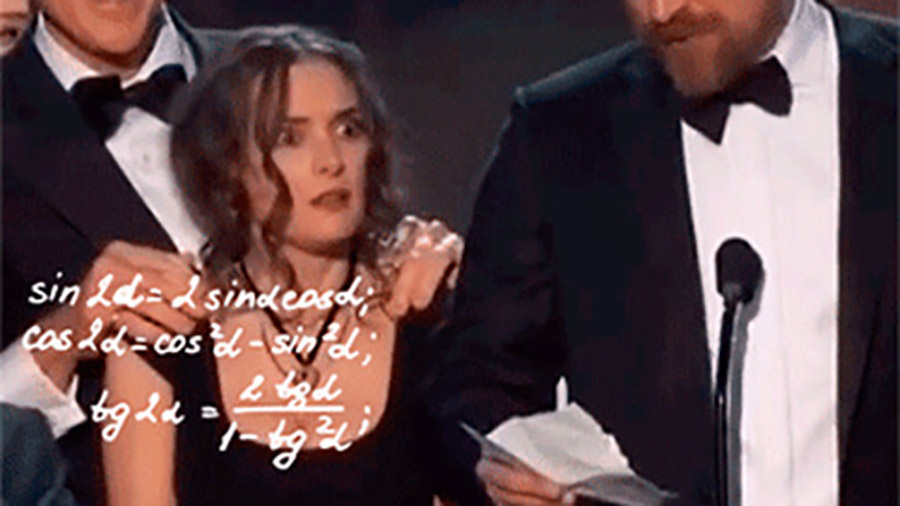By popular request (Bob), I am going to teach you guys probability and statistics.
SCHOOL IS NOW IN SESSION!
Prereq’s to this course:
- Basic algebra (if you can’t multiply 3*4, you can skip this article and return to elementary school…i’m looking at you DGDub).
- Attention span of more than 1.5 seconds.
- Ability to think critically (LoyalRam, this article may not be for you. Stick to being a history major.)
That’s it. If you can’t do this shit, you’re a complete idiot.
We shall begin by learning set theory. You cannot learn probability without set theory. This may take a few weeks.
Lets begin by learning some simple definitions…stop masturbating and take notes:
1. A set is a collection of elements under consideration. It will look something like this: A={a,b,c…} where a, b, and c are anything that you wish to throw in a set.
Example of a set: Let A be the set of all people on SKA with an IQ under 45.
Answer: A={DGDub, Scotti, Beaster, Ron, sacsig, EDTGO, DCS…} you get the point. That set includes everyone except Munkey and I.
2. A subset: If every element of set A is also an element of set B, then A is a defined to be a subset of B. In practice, this looks like ?⊆?.
Example: Let A be the set of all people on SKA with an IQ under 45 as defined previously. Let B be the subset of all Rams fans on SKA. Is set B a subset of set A?
So, to figure this out, you must first list the elements of set B. B={K1, LoyalRam, Halo, Leather, GSOT,…}. Since we already stated earlier that everyone on SKA is in set A except Munkey and I, the set of all Rams fans (Set B) is a subset of all the people on SKA with an IQ under 45 (set A).
Similarly, if you take set B to be the set of all Packers fans on SKA, you get B={Vegas, Pineapple, Brew, VWCAU, Jordy87, Mark Gormley, Warvette,…}. B is not a subset of A. I.e, since Vegas does not have an IQ under 45, he is therefore not in set A, thus every element of B is not in set A. This is denoted by B⊄A.
You niggas following me? Stop huffing the glue, Bader. Pay attention.
3. Next on our list of basic definitions is the null (or empty) set.
If a set A contains no elements, it is called the null set or empty set, and is denoted by Ø. We write A=Ø. The empty set is always a subset of any set A.
Last topic for this article: Let A be the set of all popular Rams fans on SKA. So as before, A={K1, LoyalRam, Halo, Leather}. How many subsets of A exist? To find out, write down the different combinations of elements. So, Ø, {K1}, {LoyalRam}, {Halo}, {leather}, {K1, Loyalram}, {K1, Halo}, {K1, Leather}, {Loyalram, Halo}, {Loyalram, Leather}, {Halo, Leather}, {k1, LoyalRam, Halo}, {K1, LoyalRam, Leather}, {K1, Halo, Leather}, {LoyalRam, Halo, Leather}, {K1, loyalram, halo, leather} are all the possible subsets of A.
In general, to find the number of possible subsets of a set A, lets n=the number of elements of set A, then the number of subsets of set A is 2^n.
So for our previous example, the set of popular Rams fans contains 4 elements (namely, K1, LoyalRam, Halo, Leather)….so the possible number of subsets of set A are 2^4=16, which is how many sets we listed out.
That concludes this lesson.
Next time: Set Operations and Notations.


